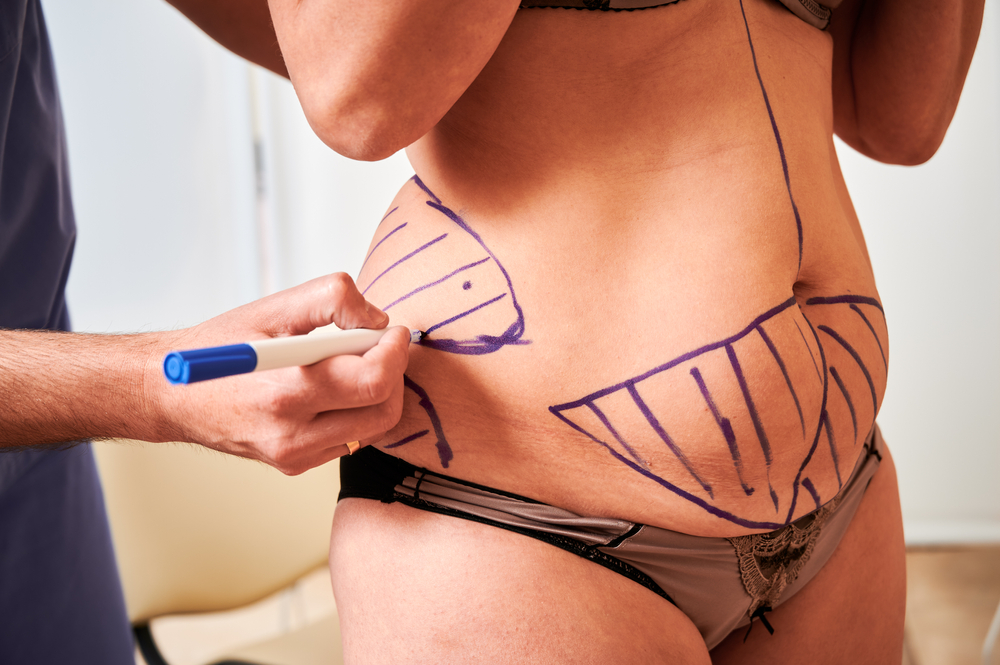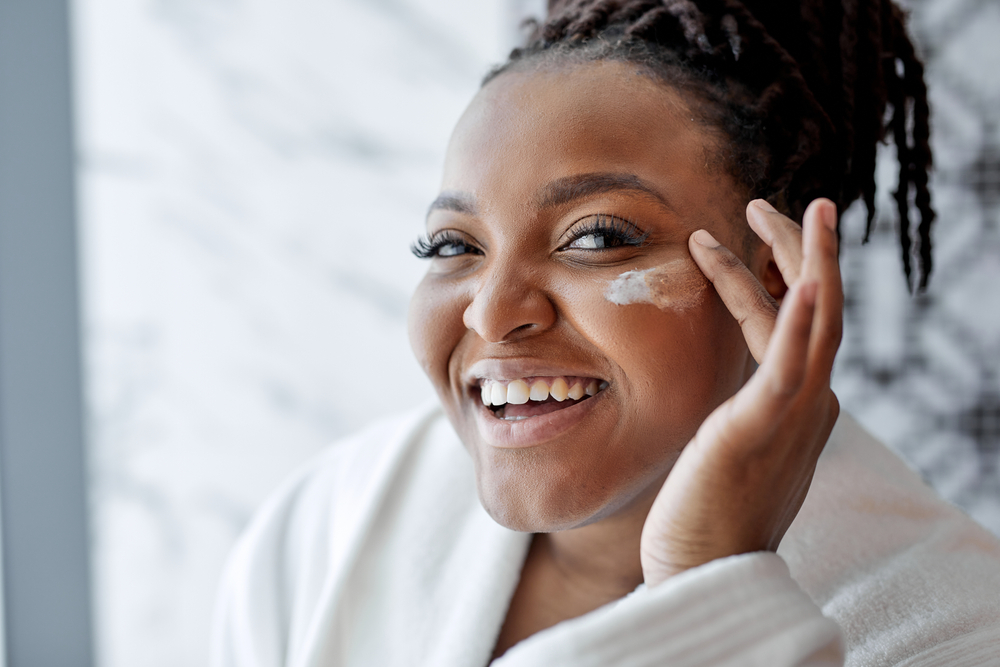The world of cosmetic surgery has its share of critics. Historically, one of the more strident voices aligned against cosmetic surgery has come from feminism. Susan K. Brownmiller, author of the 1984 treatise Femininity, deemed the desire for large breasts oppression:
“Enlarging one’s breasts to suit male fantasies represents the exploitation of women.”
By extension, breasts implants become a tool of that oppression and cloaked misogyny. Rita Freedman, author of Beauty Bound, claimed:
“Having been taught that feminine beauty means having full, softly rounded breasts, women judge themselves against this standard. Missing the mark, they put on padded bras or suffer silicone implants.”
Given this philosophical backdrop, it is not surprising that feminists played a key role in fomenting opposition to silicone breast implants that lead to a moratorium on their use in the US that lasted from 1992-2013. More recently (and amusingly), the Catholic Church has stepped into the fray. In their 2015 Plenary Assembly of the Pontifical Council for Culture, under the subsection titled WOMEN’S CULTURES: EQUALITY AND DIFFERENCE, the following statement was made:
“Plastic surgery is like a burqa made of flesh.’ One woman gave us this harsh and incisive description. Having been given freedom of choice for all, are we not under a new cultural yoke of a singular feminine model? What do we think of women used in advertising and in the mass media?”
Cosmetic medicine inhabits a major gray zone in terms of morality. There is no black and white way to critique it. The ultra-conservative feminist take misses the mark in my opinion and seems a little stale and outdated. Similarly, the new pronouncement from Catholicism does not hold any weight or provide new insight. Both these views are subtly misogynistic in the sense that it presumes that women are hapless zombies who cannot think for themselves. A more modern and nuanced feminist interpretation of our industry focus on choice. When a cosmetic procedure is chosen for the right reasons and by the right patient, it can be liberating. If it is done for the wrong reasons (and typically for other people), it can indeed become a “burqa made of flesh.”










